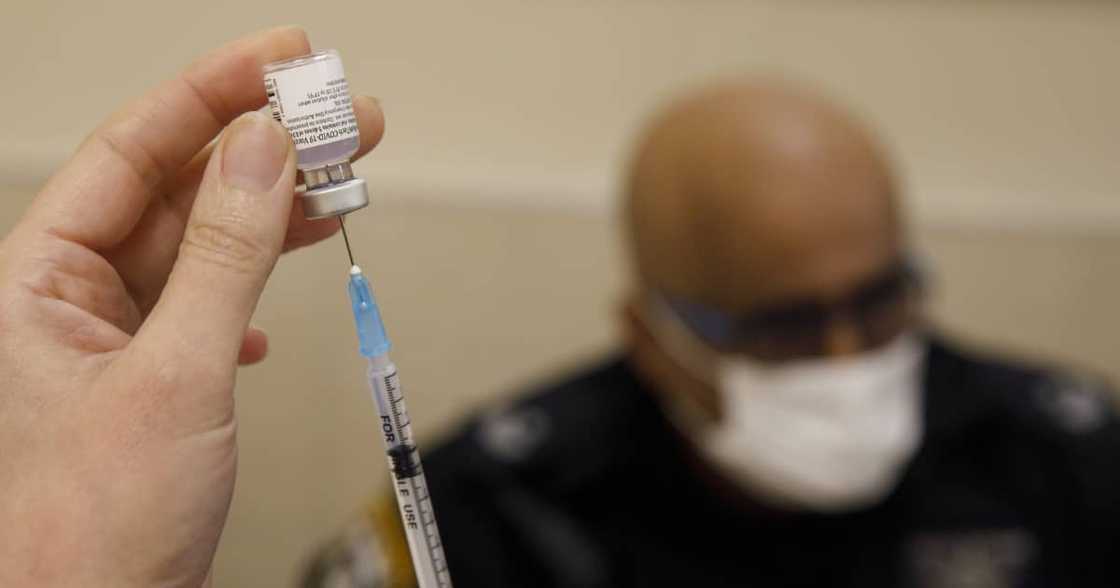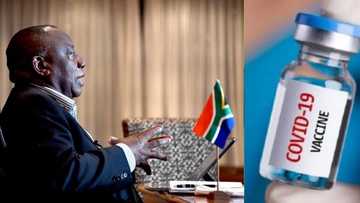Employees Could Be Legally Fired for Refusing to Take the Vaccine
- Legal guidance issued by legal firm Cliffe Dekker Hofmeyr has revealed that employers could legally dismiss employees who refuse to take the Covid-19 vaccine
- The law firm cites employee welfare as the main reason, citing that in order to insure your employees are shielded from Covid-19 is to get vaccinated
- However, there are some situations which would prevent an employer from dismissing and employee for refusing to take the vaccine
PAY ATTENTION: Join Briefly News' Telegram channel! Never miss important updates!
According to guidance released by legal firm Cliffe Dekker Hofmeyr, which has revealed how Covid-19 has changed the working environment in South Africa.

Source: Getty Images
The legal guidance from the law firm reveals that employers could legally dismiss employees who refuse to take the Covid-19 vaccine.
However, it would be up to employers if they would adopt this policy and would depend on how they view their employees' welfare according to The South African.
Employers could argue that in order to have a working environment that is safe, certain measures would need to be taken in regards to Covid-19, one of these might be a mandatory vaccination policy.
The only cases where a mandatory vaccine policy could not be used to dismiss someone who refuses to take the vaccine could be due to disability or condition that prevents them from taking the vaccine according to Cape Talk.
An employee could argue on religious grounds but this is not clear if it would work in South Africa.
An employee could challenge the dismissal citing discrimination. In all cases, a suitable alternative would need to be considered first.
Earlier, Briefly.co.za reported that global statistics show that Mzansi is set for national inoculation by mid-2022. According to a map showing global vaccine timeline, South Africa is expected to have vaccinated 60% to 70% of their adult population against the coronavirus by mid-2022.
South African government officials welcomed the first batch of one million Covid-19 doses from India on Monday, 1 February. According to the stats, in many of the world’s developing nations, including large parts of Africa, the vaccination timeline is expected to extend into 2023.
The cheap and easy-to-store AstraZeneca variety will be given out to poorer countries through the Covax initiative. Russia, India and China are also vying for contracts for their vaccine varieties.
In other news, South Africa Health Minister Dr Zweli Mkhize has said warned that the continuous hoarding of vaccinations by other countries will have dire consequences for the African continent and its people.
According to Mkhize, Africa will need to vaccinate at least 780 million people in order to avoid becoming a future source of Covid-19 once people from other continents across the world have all been vaccinated.
In the same breath, Mkhize said that African countries should prepare for a possible third wave of Covid-19 infections, which is why other countries hoarding vaccinations is simply unacceptable and will leave Africa bearing a heavy burden.
Enjoyed reading our story? Download BRIEFLY's news app on Google Play now and stay up-to-date with major South African news!
Source: Briefly News



